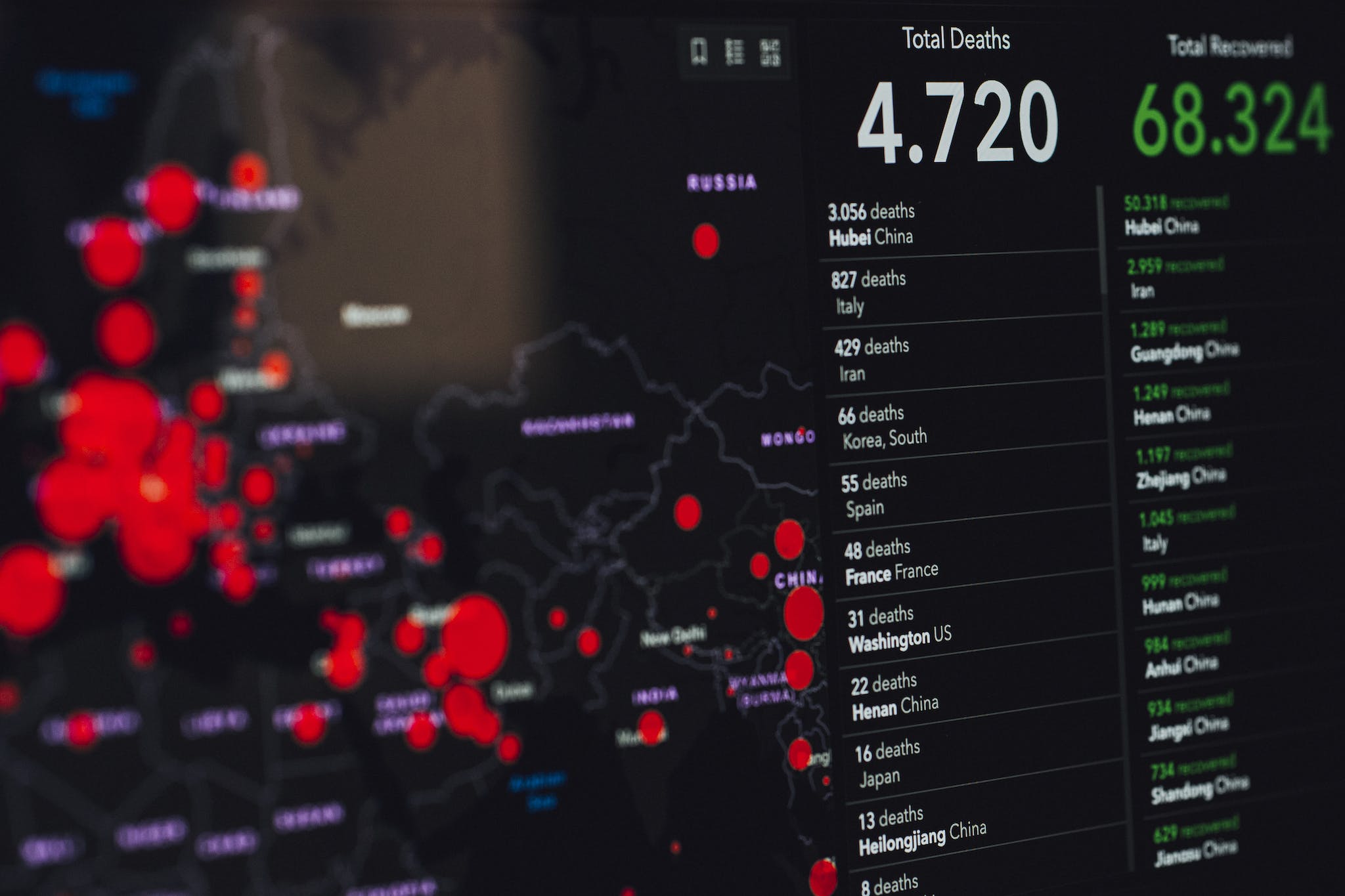Imagine that you would like to get advice from a friend. This friend is always ready to listen and offers great suggestions. However, enlisting help requires divulging some sensitive personal information. Would you hesitate to share if this friend was known to gossip, ready to pass along your information to others? No matter how beneficial the advice, confidentiality matters. Our friend can only be trusted if sensitive information is kept private.
Generative Artificial Intelligence (Gen AI) is like that friend. It has the potential to be incredibly helpful, in ways that boggle the mind. And it is only getting smarter. This article will consider how to make Gen AI work for your firm and how to mitigate the risks involved. A comparison of a few currently available technologies is also included.
How to Make Gen AI your Friend
Identify Tasks
Many modern law firms are looking to improve productivity and internal efficiency. Consider your law firm’s most common tasks, especially administrative. Might an AI process be able to handle all or part of the task? When writing a letter or brief, Gen AI can create a first draft, instead of having to start with a blank page. Research and document review can be done in a fraction of the time. And, meeting minutes and transcription can be done before the meeting adjourns.
Your clients can also benefit when you integrate AI into your workflow. Legal professionals have found Gen AI to be useful for updating clients on changing legislations and improving the readability of client communications.
Learn How to Prompt
With this new technology, a new soft skill has emerged: Prompting. Prompting refers to the process of providing an AI system with specific instructions, or input, that guides it to generate a desired output. Learning to prompt is helpful because the quality of the results depends directly on the instructions you give. When prompting, be specific. Provide detail about the content you are requesting, the audience and the tone you would like.
Give Your AI access to Relevant Information
The more relevant information the AI has access to, the better the results. This is called “grounding” the AI. Is there a specific style you use for your briefs? Upload a copy and instruct the AI to create in a similar format.
… And Not Your Foe
Limit Information Access
The Law Society of Ontario regulations state: “Licensees must be mindful of what information they input or upload into a generative AI system. Depending on the AI tool used, this information can easily find its way into the public domain resulting in a potential breach of the licensee’s duty of confidentiality.”
Limit information access, even within your firm. AI tools can regurgitate information that the staff member using it has access to. For instance, if an assistant prompts “Give me a brief bio on my co-workers”, and a payroll spreadsheet is accidentally saved in a location they have access to, the result could provide everyone’s salary information.
An IT expert can ensure implementation of segregation, which refers to separating users and processes based on different levels of privilege. This is an IT security best practice that should be followed in every law firm.
Review Everything
View any output from AI as a first draft from an intern. AI has been known to produce erroneous information called “hallucinations”, such as incidents of fake precedent.
Make a Policy for your Firm
You may have taken the time to understand the benefits and liabilities of using AI. However, has everyone in your firm done the same? It is important to have a workplace policy on the proper and improper use of AI.
Current Available Technologies
Microsoft Copilot Pro
Copilot Pro integrates with the Microsoft Tools you may already use, such as Microsoft Office Suite and Teams. For example, if you arrive late to a Teams meeting, you can ask Copilot to give you a summary of what you missed. Copilot is based on the most recent release of GPT. However, your information isn’t shared with the public because it does not use your information to train its AI. There is an added cost of $30 per user/month.
Google Gemini
Gemini is Google’s version of Gen AI. For those using Google Workspace, Gemini can provide the most relevant information. It has faced some criticism for odd “hallucinations”. However, it does well at producing documents in natural language. It does not use your information to train its AI. There is an additional cost of $25 per user/month.
ChatGPT (Free version)
This is the most used Gen AI because it is free and widely available. That is where the danger lies. Information given to ChatGPT is used for training and can be regurgitated to the public. Recently an ‘opt out of training’ option has been introduced into the privacy portal. However, concerns have still arisen about sensitive data leaks.
ChatGPT (Team & Enterprise)
GPT 4.0 is well regarded as the best AI generator currently available to the public (with the exception of Microsoft Copilot, which is based on GPT 4.0 technology). The business versions of ChatGPT do not use your information to train its models. These versions cost $25 per user/month or more.
With all the options available and the potential risks, deciding to integrate Gen AI tools can be daunting. Guidance from an IT expert is invaluable when strategizing implementation. The foundation for risk management, is proper IT security. Ensuring that the firm’s IT provider is implementing IT security best practices is an important protection.
A recent Thomson Reuter’s report concluded that “although GenAI’s true impact may seem a proposition for far in the future, planning for its impact needs to begin now”. Begin your law firm’s AI journey by making it your friend, not your foe.
*Article artwork created by Microsoft Copilot image generator using DALL-E 3.



